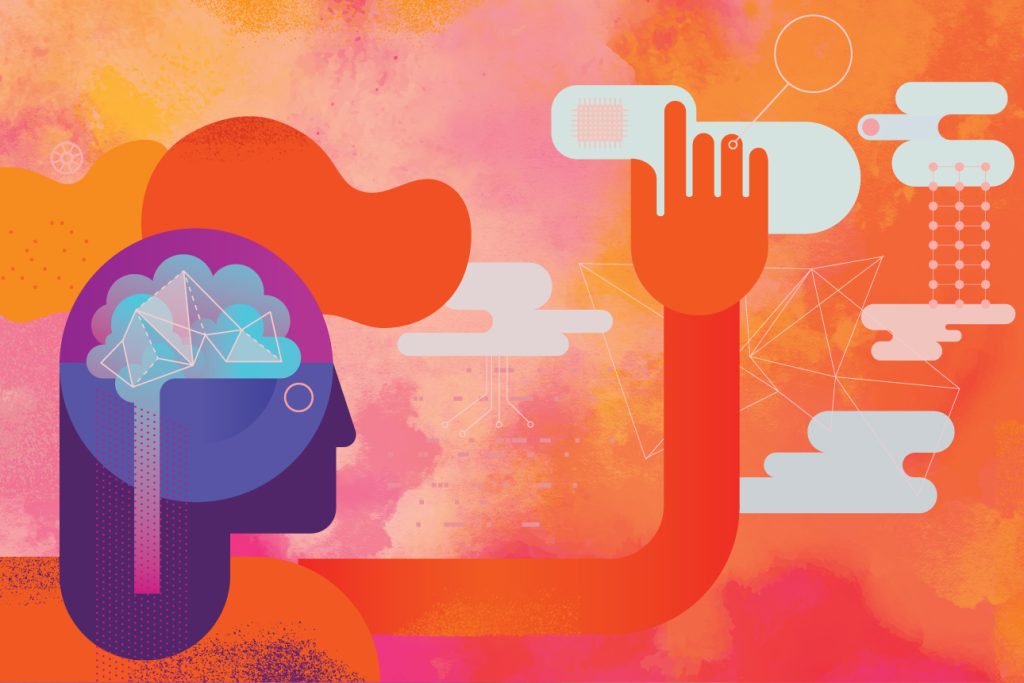The gambling industry, especially online casinos, employs various psychological tricks to keep players engaged and coming back for more. Renowned for their enticing graphics, casino games, including slot machines, often tap into a participant’s psychological biases, implementing behavioral psychology and neuroeconomics elements. These psychological tricks used by online casinos can keep players invested while trying their luck at online casino games, promoting a constant buzz of excitement and anticipation. This article will take a close look at these strategies and how they affect our brains as well as our wallets.
Subliminal Messaging and Cognitive Biases in Decision-Making Influence: An Overview
Subliminal messaging is famous for its use in advertisements, and online casinos are no exception. These subtle cues and stimuli often reside below the level of conscious perception yet possess the power to persuade users and tip decision-making in favor of the casino. Additionally, online casinos exploit an array of cognitive biases that can steer participants toward decisions that are not necessarily in their best interest. A classic example of a cognitive bias in online gambling involves slot machines. The occurrence of near misses, when participants nearly achieve a big win, creates a false sense of anticipation and tricks players into believing that the next time will yield better outcomes.
Emotional Manipulation and Dark Patterns: A Study on Illusion of Control
As part of the psychological tricks employed by online casinos, emotional manipulation, and dark patterns play a significant role in creating an illusion of control. Casinos convince players that they are in control by constantly pruning and presenting an environment where players seem to be inching closer to a big win with every spin of the slot machine. The pattern of near misses and unexpected victories is carefully crafted to keep the illusion alive, making players believe they can predict and control the outcome. It keeps them playing and increases the chances of committing real money to keep the game going.
Unraveling Social Proof Strategies: The Role of Arousal and Excitement
Another key strategy that casinos use is the use of social proof. They cleverly integrate social media into their platforms, showing real-time wins and testimonials from happy players. This constant window into other players’ success sparks arousal and excitement, encouraging new and existing participants to keep playing, hoping to achieve similar outcomes. Online casinos also attract many new players through a clever blend of free money offers and digital credits, played against a backdrop of bright and **flashing lights, creating an artificial atmosphere of continuous celebration.
Understanding Loss Aversion Techniques and Priming Effects: A Guide to Anchoring and Adjustment
In the world of online gambling, loss aversion techniques and priming effects play a significant role. They are part and parcel of the casino psychology tricks used to make players spend more time and money on the platform. Casinos capitalize on the innate human behavior of seeking to avoid losses more than chasing gains. This loss aversion manifests in priming effects, where players are subtly conditioned for recurrent losses but, at the same time, are offered hope with big wins. It’s part of the reason players hold on even after a string of losses, ever hopeful that a big win is around the corner; this clearly represents the anchoring effect in psychology.

Building Trust with Rewards and Reinforcement: The Influence of Scarcity and Urgency
Online casinos are meticulous about building trust with their audience. They consistently show rewards, promotional discounts, and reinforcement to keep customers engaged. These bonuses often come packaged with a time limit, giving players a rush of urgency and scarcity that, in an exciting twist of casino psychology, compels them to act immediately rather than wait for better opportunities. Major jackpots and limited-edition offers flashed on screens make players believe they can hit the jackpot if they keep playing.
The Science of Habit Formation: Insights from Predictive Analytics
Habit formation is a crucial component of maintaining clientele in online casinos. Companies use predictive analytics to understand players’ behavior and preferences to keep the habit of playing casino games alive. By monitoring their favorite games, baits, time of playing, and much more, the casinos cultivate a personalized experience for the users, increasing their chances of coming back.
The Role of Dopamine Release and Variable Ratio Schedules in User Experience Design
Casino games use the ‘Variable Ratio Schedules’ reinforcement model to keep players invested in the game. Since the reward is uncertain and the player never knows when the winning spin is coming, it helps to create dopamine — a neurotransmitter that fosters pleasure and satisfaction. The hit of dopamine drives players to repeat the action, reinforcing the gambling habit.
Perception of Fairness and Exclusivity: The Impact of VIP Programs on Decision-Making
To provide a sense of belonging and exclusivity, online casinos have VIP programs that offer various benefits like quicker payouts, bigger rewards, and even dedicated customer services. This further motivates users to continue playing casino games, secure in the knowledge that their efforts are appreciated.
In conclusion, understanding casino psychology and the psychological tricks used by online casinos offers incredibly useful insights for players and stakeholders alike. The multilayered strategies these platforms employ help them create a world that is hard to walk away from. However, awareness of these practices can better prepare players for how these elements can affect their gaming decisions and, ultimately, their financial outcomes.

